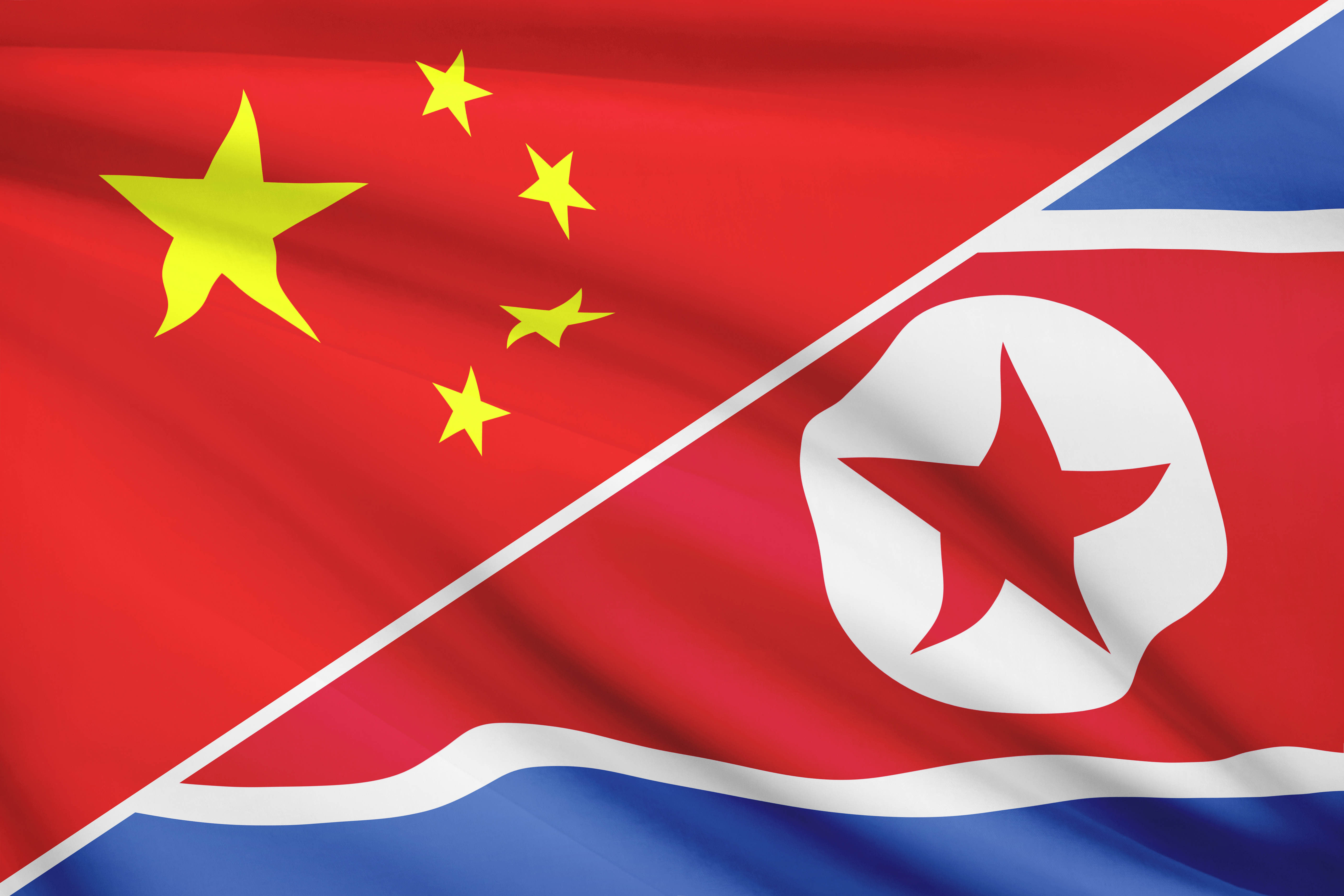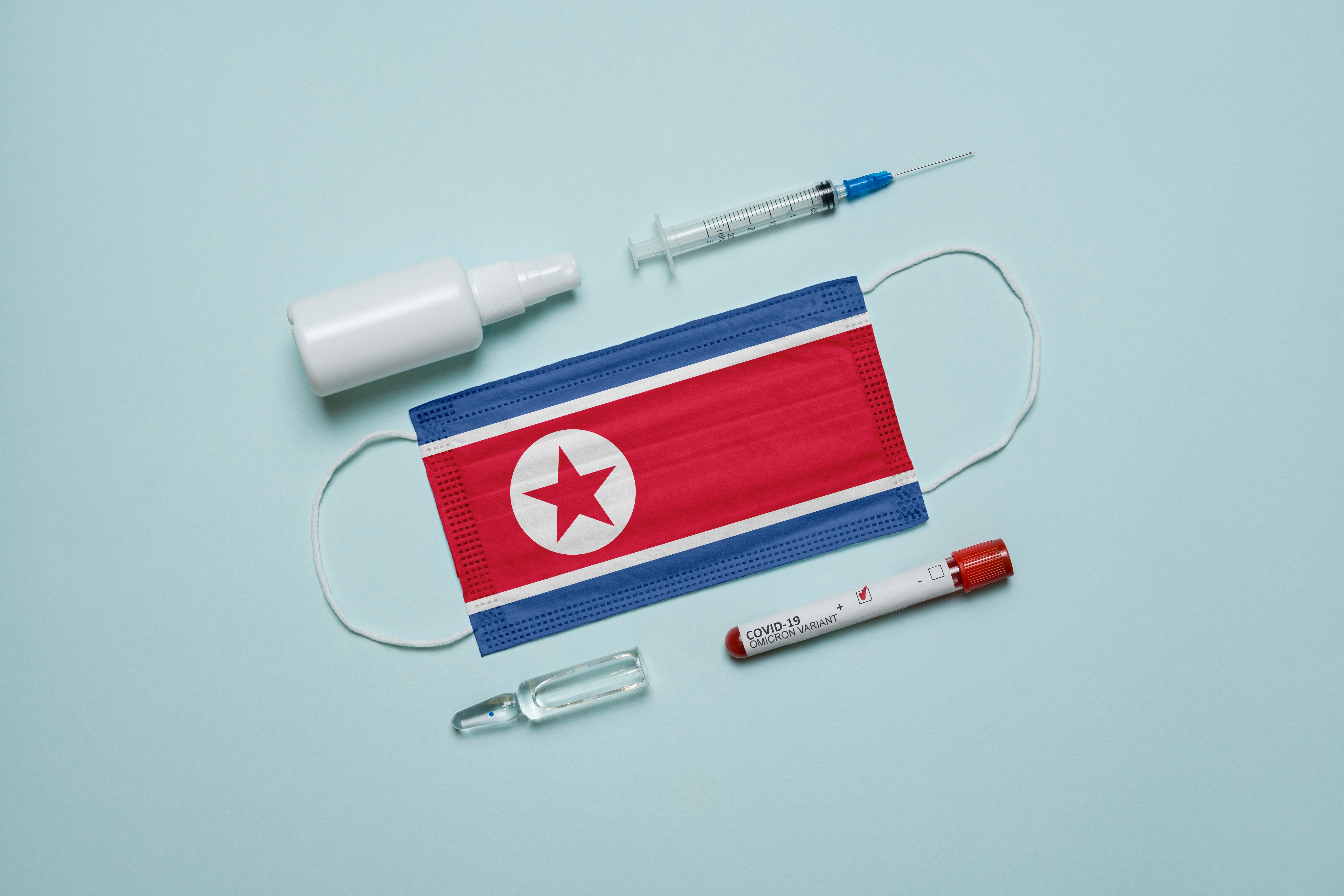
The Issue of Unification and the South-South Conflict in South Korea
Research Reviews | June 30, 2022
Hak-Jae Kim
Assistant Professor at the Institute for Peace and Unification Studies, Seoul National University
In this research review, Hak-Jae Kim, Assistant Professor at the Institute for Peace and Unification Studies of Seoul National University, discusses how public dissent on unification and the North Korea issue has stirred political conflict in South Korea. In particular, he notes that differences in perception on unification and North Korea are not only based on factors such as the generational gap or ideological affiliations, but also on the difficulties of achieving a consensus under a majoritarian democracy. The author proposes that it is key to draw lessons from the German and Irish precedents of unification, devise solutions for multilateral security concerns such as denuclearization, and evaluate how a norm-based international order in Asia would affect the long-term process of unification.
Perceptions on the South-South Conflict, North Korea, and Unification
Although the democratic political landscape of South Korea is similar to that of other countries, there are notable differences. For instance, the political differences between the Democratic Party (progressives) vs. the Republican Party (conservatives) of the U.S. derive from the economic, racial, and cultural changes experienced by the society. People have different preferences regarding economic factors such as the role of the government in the economy, businesses, and economic policies; political factors such as racism and voting rights; and socio-cultural factors such as same-sex marriage, immigration, religion, gender, and abortion. Although supporters of the Democratic and Republican Parties have their own preferences as to the role the U.S. should take on in international society or how it should view alliances, these factors are not as decisive as economic, political, and socio-cultural dynamics in determining one’s political orientation. [1]
Similarly, if we were to simplify and identify the key issues that decide one’s political orientation and opinion in European democracies, we would point to economic interests and cultural openness. Issues that fall under the economic spectrum are welfare, social policy, and inequality, while cultural openness covers regional integration and migrant rights. [2]
For South Korea, which remains a divided country, the key areas in which liberals and conservatives struggle to reach a consensus are perspectives on economic policies and North Korea (or unification). [3] It is common to see the opposite ends of the political spectrum disagree on economic issues elsewhere. However, given the unique geopolitical conditions of the Korean peninsula, discord over unification and division are also issues of grave importance that may breed larger political consequences. A single successful agreement will not necessarily lead to the unification of the two Koreas. To illustrate this point: unification will require finding a compromise amid stalled negotiations (such as ongoing denuclearization negotiations), engaging in dialogue, implementing relevant procedures in a stable way, and participating in a long-term exchange and cooperation. Therefore, if there is no consensus at home and abroad concerning unification, conflicts will persist in the pursuit of unification. Notwithstanding an agreement made in the short-term, disputes will continue to arise in the process of implementing and materializing said agreement.
Changes in the Perception of Unification, North Korea,
and the South-South Conflict (2011-2021)
It is therefore necessary to analyze how the issues of unification and North Korea affect Korean society and politics. According to the Seoul National University’s “Unification Perception Survey” conducted from 2007 to 2020, over the course of the decline in those who supported the necessity of unification, a generational gap emerged. There were clear ideological and political differences on unification and the North Korea issue.
First, in the case of public opinion on unification, 63.8% of the respondents answered that unification is necessary in 2007, but this figure substantially decreased over the past 14 years. In 2021, 44.6% responded that unification is necessary – the lowest number recorded since the surveys began. In particular, young respondents (20s and 30s) have increasingly responded against unification. Among those ages 19-29, only 27.8% viewed that unification was necessary, while 42.9% stated that it was not. While public opinion over unification has changed over time, the younger generation in particular has become less sympathetic to unification in recent years. [4]
Although public opinion on unification does not necessarily reflect political orientation, there do exist clear differences in individual perceptions of North Korea. For instance, to the question on whether North Korea is an adversary or a cooperation partner, 55.2% of those in their 50s and 52.4% of those in their 40s responded that it is a cooperation partner. On the other hand, only 37.6% of respondents in their 20s responded that it is. To the question of whether it is possible to engage in dialogue and compromise with North Korea, over the past few years, increasingly less people have responded that it is, with the exception of 2018-19. A generational gap has become more prominent among the responses. While 39.1% of those in their 50s believed that it is possible to engage North Korea, only 24.6% of those in their 20s believed that it was. This is illustrative of the low level of confidence in North Korea among the youth. [5]
Such differences in perception on the issue of unification and North Korea are not only based on the generational gap, but are also reflective of the political and ideological separation between conservatives and progressives in South Korea. In other words, it is an important factor in deciding which party people choose to support. For instance, supporters of the progressive party generally viewed North Korea as a possible partner for dialogue and compromise. On the other hand, supporters of the conservative party thought otherwise. Among residents in Gwangju and Daegu, party affiliations are also associated with traditional regionalist tendencies. Such perception gaps are also intertwined with the rate of public satisfaction with economic conditions. This further deepens political polarization in South Korea. [6]
Public opinion polls on unification and North Korea are indicative of the fact that peninsular division is one of the key factors that instigates political conflict. In recent years, there has been a noticeable increase in the perceived threat from China rather than North Korea, and people have increasingly been viewing China from a realist perspective. [7] This geopolitical situation is also expected to have an effect on differences in political orientations and public opinion on unification. Political differences may exist in any society, but this is a serious problem if recent geopolitical changes along with the long-standing division continue to negatively affect the polarization of Korean politics.
The polarization of Korean democracy is also confirmed by tangible indicators. To illustrate, South Korea’s polarization index ranks sixth among the 33 OECD countries, following Slovenia, the U.S., Italy, Israel, and Chile. [8] According to a Gallup survey, its polarization index averaged 0.541 over the five years from 2016 to January 2021. Notably, the polarization index increased during political conflicts such as the general elections, manipulation of state affairs, and prosecution reforms; failed short-term attempts at improving inter-Korean relations; and after North Korean provocations. On the other hand, improvements in inter-Korean relations following the series of summits were factors that decreased the polarization index. For instance, the index fell to 0.43 following the Pyongyang inter-Korean summit in September 2018. [9] In summary, political polarization deepens not only when the ruling and opposition parties come into conflict over elections and political power, but also when inter-Korean tension is exacerbated or when disagreement arises over ways to enhance the relations.
Moreover, elections in South Korea are often considered to be non-proportional as the majority voting system yields an increasingly high number of blank votes. Over the past five years, 25-33% associated themselves with the progressives, while 24-31% associated with the conservatives. The remaining 37-47% tilted towards the center, viewing that their positions were not represented by either party.
The 2022 presidential election, reflective of the political polarization of the South Korean society that has continued for the past several years, was considered to be the most competitive election in history. It was also the largest bipartisan competition, in which the ruling and the opposition parties each mobilized the most supporters to date. Analyses show that there was a high level of emotional polarization among supporters of the two parties. In addition, voters demonstrated a high level of animosity towards the opposing presidential candidate.
Looking through the lens of a political cleavage structure, the primary geopolitical cleavage caused by peninsular division has shaped the political topography of Korean society. This divide has also influenced the secondary political cleavage based on economic and political issues, which are remnants of industrialization and democratization. The so-called “87 system” is a Korean democratic system founded on the basis of the two political cleavages (geopolitical and economic-political). Recent years have seen the emergence of a third cleavage stemming from social changes such as globalization, growth of employment in services, and issues related to education, skills, and migration. Nonetheless, the continuation of peninsular division and the majoritarian system ensure that all three political cleavages remain embedded in Korean society.
Challenges for South Korea’s Democracy;
Using the Consensus Process as an Alternative
The geopolitical circumstances of the Korean peninsula are remarkably more complex than those of Germany, which became unified and integrated into the European Union following decades of exchange and cooperation, and those of Ireland, which came to peace after resolving its raging civil and religious-racial conflicts. In this case, it is worth noting that Germany and Ireland have adopted more consensus-oriented democratic systems – Germany with a parliamentary-coalition government, and Ireland with a power-sharing system. In comparison, the Korean majoritarian system is not considered to be best suited for dealing with both external geopolitical conflicts and domestic political differences.
As long as the Korean peninsula remains divided, will conflict and political polarization within South Korea persist? Would a consensus-oriented, proportional system, and a coalition government be able to contribute to building political-social-economic stability and resolving the issue of peninsular division? At this time, it is unknown if division will continue to damage democracy, or if a better democratic system could eventually unite the two Koreas. However, if the Korean majoritarian system is an obstruction to achieving a political consensus on macroscopic conditions, it is worth considering the implementation of a consensus process.
In order to navigate the issue of inter-Korean relations, it is key to draw lessons from the German and Irish precedents and utilize their strengths, devise solutions for multilateral security concerns such as U.S.-China competition or denuclearization, and evaluate how efforts to establish a norm-based international order in Asia would either ease tensions or stimulate a consensus in the long-term process of unification. Whether South Korea will attempt political reform and seek a more suitable means to institutionalize conflicts during the 2024 general elections or attempt to resolve national discord by improving inter-Korean relations through cooperating with neighbors and stabilizing the region remains to be seen.■
[1] Pew Research Center. 2021. “Beyond Red vs. Blue: The Political Typology.” November 9.
[2] Hutter, Swen and Hanspeter Kriesi. 2019. European Party Politics in Times of Crisis. Cambridge University Press (Kindle Edition), Images 1, 2.
[3] Park, Won-Ho. 2020, “The disposition and perception of unification of South Koreans.” In The 2020 Unification Perception Survey, ed. Kyung-hoon Lim, Institute for Peace and Unification Studies, Seoul National University, 176-214.
[4] Ibid, 31.
[5] Ibid, 78-85.
[6] Ibid, 219-228.
[7] Ibid, 165-168, 196
[8] Kim, Jung. 2022, “Ideology, Policy, and Emotion in Voter Alignment: Is Korean Democracy Falling into a Trap of Destructive Polarization?” East Asia Institute. April 1.
[9] Gallup Korea. 2021. “Distribution of Political Orientation and Polarization Index among Party Supporters”, 2021/02/26
■ Hak-jae Kim is an assistant professor at the Institute for Peace and Unification (IPUS) at Seoul National University. He is managing survey projects in the IPUS such as the Unification Perception Survey in South Korea, the Unification Perception Survey on North Korean defectors, and an inter-Korean integration index.
■ Typeset by Seung Yeon Lee, Research Associate
For inquiries: 02 2277 1683 (ext. 205) | slee@eai.or.kr
Inter-Korean Relations and Unification
The Yoon-Biden Summit and Prospects for the Yoon Administration’s North Korea Policy
Young-ho Park | June 21, 2022

Prospects for DPRK-China Relations in 2022 and Challenges for the Yoon Administration
Bong Sup Shin | June 08, 2022

North Korea’s COVID-19 Crisis and South Korea’s Response
Philo Kim | May 31, 2022
LIST